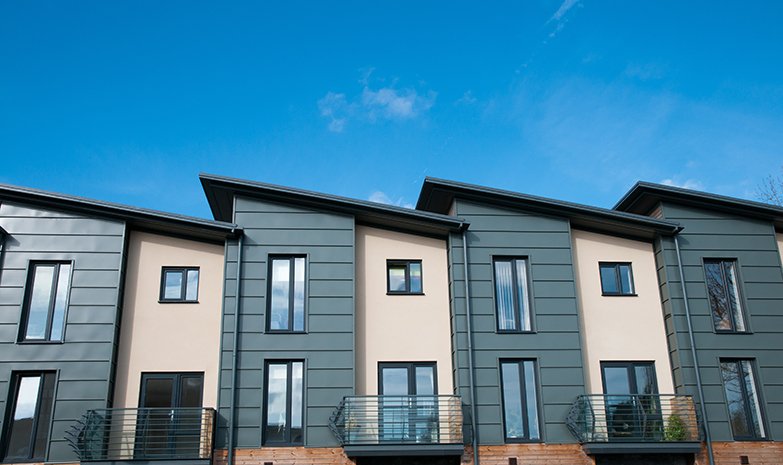
Condo buyers need home inspections, too
Those buying a condo may think that they are in the clear when it comes to needing a home inspection, but that’s not necessarily so, according to Stephen Moranis, former president of the Toronto Real Estate Board and a former Director of the Canadian Real Estate Association.
“Things go wrong with condos, too, which is why I have advised on countless occasions that condo buyers get what potential home owners almost always get: a professional inspector,” Moranis wrote in “Do you need a home inspection when you buy a condo?”
“The status certificate on the general state of the condo and condominium corporation isn’t enough: an inspection gives added legal, financial and emotional security and cannot be more emphatically recommended,” he added.
Moranis, who has been active on the North American real estate scene for more than 40 years, suggested condo buyers and their home inspectors look for several potential issues. They included:
• Check for spotting on floors and walls, floors that are sloped or warped or loose carpets and tiles. All of these are signs of water damage.
• Cracked walls, which could suggest a structural problem.
• Spotting on walls and windows may indicate mold in the unit.
• There should be no cracks in glass panes, screens should work and cabinetry drawers and doors should be level, open and close easily and fully operational.
• Look for gaps or missing caulking in all of the tile work.
• Check the exterior and common areas of the building to see what maintenance has been done by the building’s ownership.
• Ensure there is enough water pressure with both hot and cold taps, and that all drains are working well.
• If you notice any foul smells in the unit, trust your instincts. Can the source be identified? Is the unit properly ducted and vented?
• Make sure the electrical systems and HVAC systems work. If there is an HVAC in the unit in addition to a central building system unit, have both inspected. Ask if and when the HVAC filters were changed last and the ducts cleaned.
• Ask if there has been a technical audit of the building to determine the actual condition of the building.
• Read the condo corporation minutes from the last few years to check for signs of exterior and maintenance problems. Look for evidence of major structural repairs and their cost. This is important because you are buying into the structure, Moranis noted.
“Remember, you will be liable for repairs once you become a partial owner of the condominium corporation,” he wrote.




